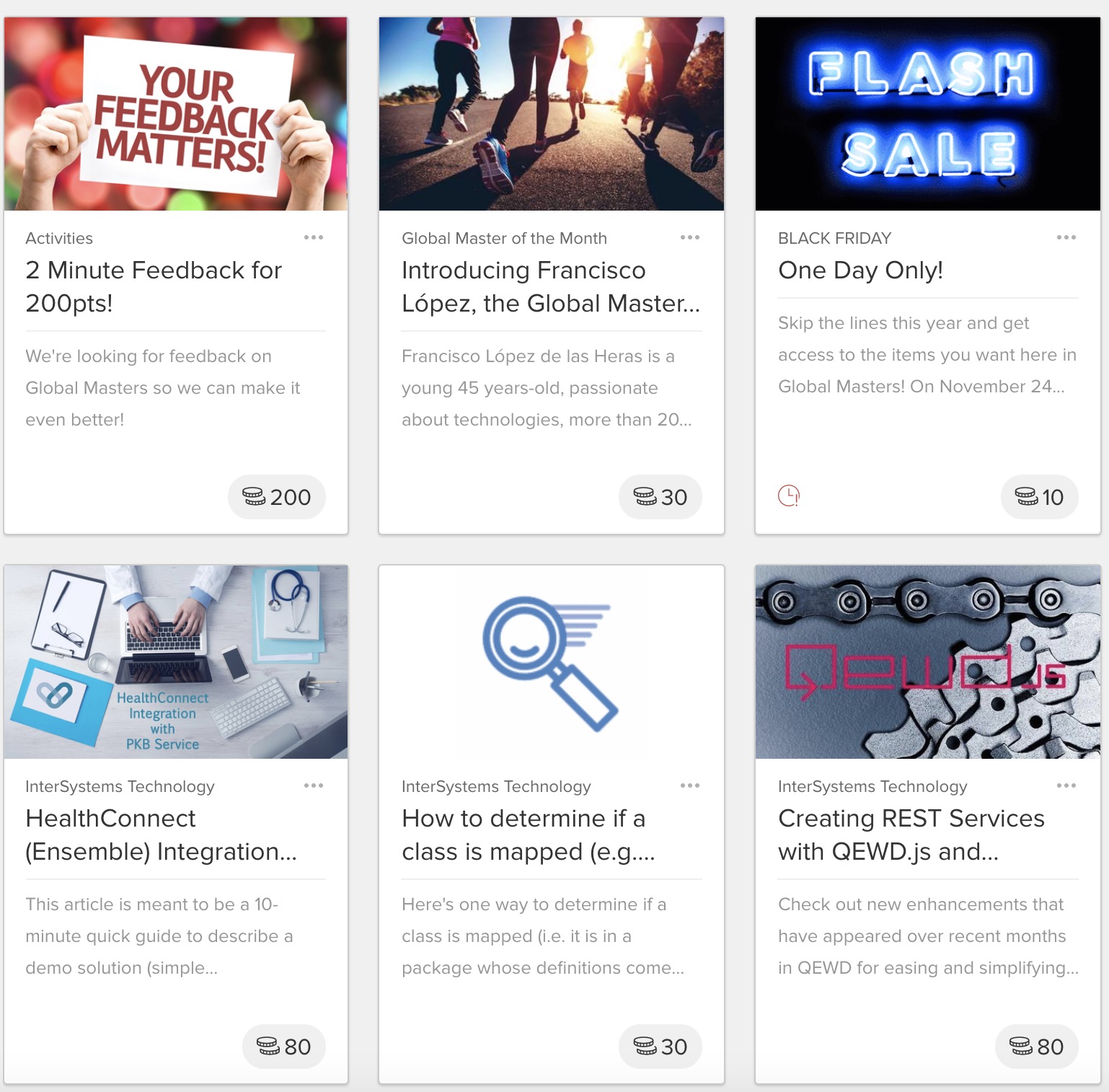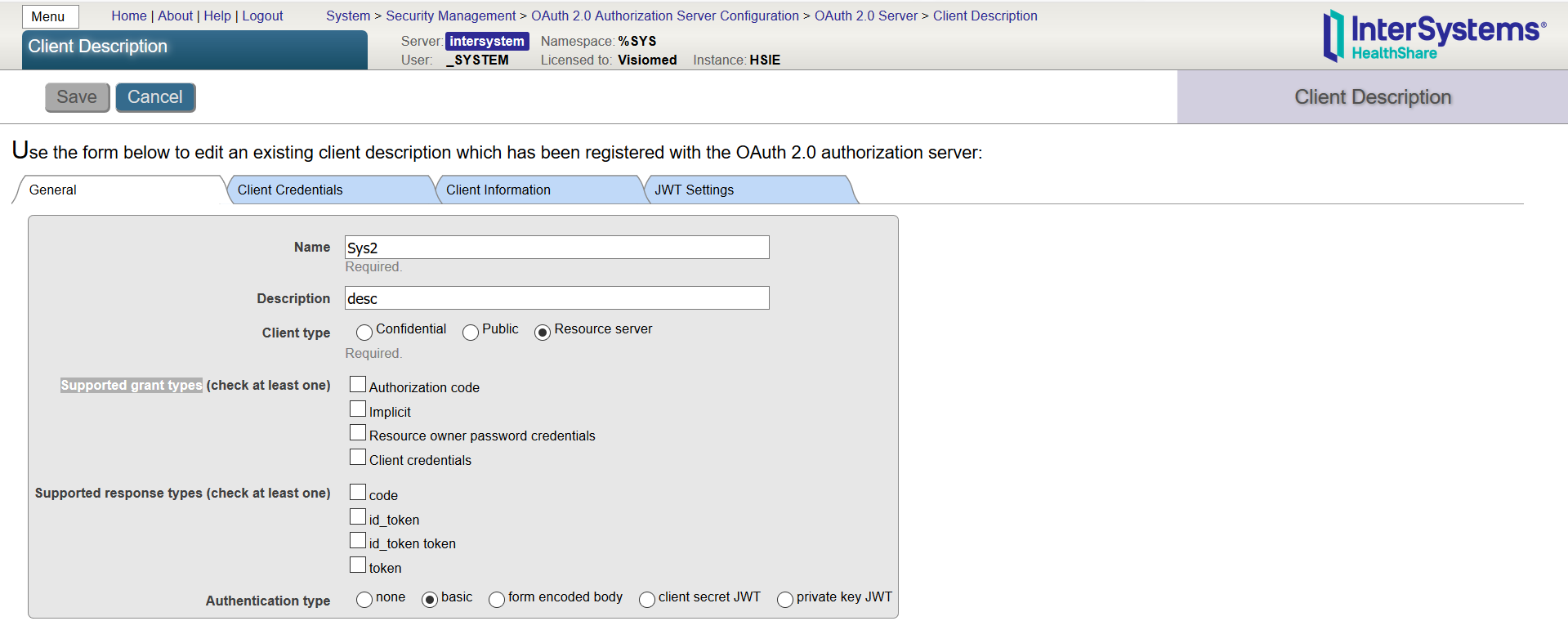We are starting to look into our BPL's and catch errors that calls may return. Can someone explain how to use the THROW and CATCH within the Business Process Language or have a sample of how it should work?
Thanks
Scott Roth
The Ohio State University Wexner Medical Center



 Does anybody know where the problem might come from ?
Does anybody know where the problem might come from ?